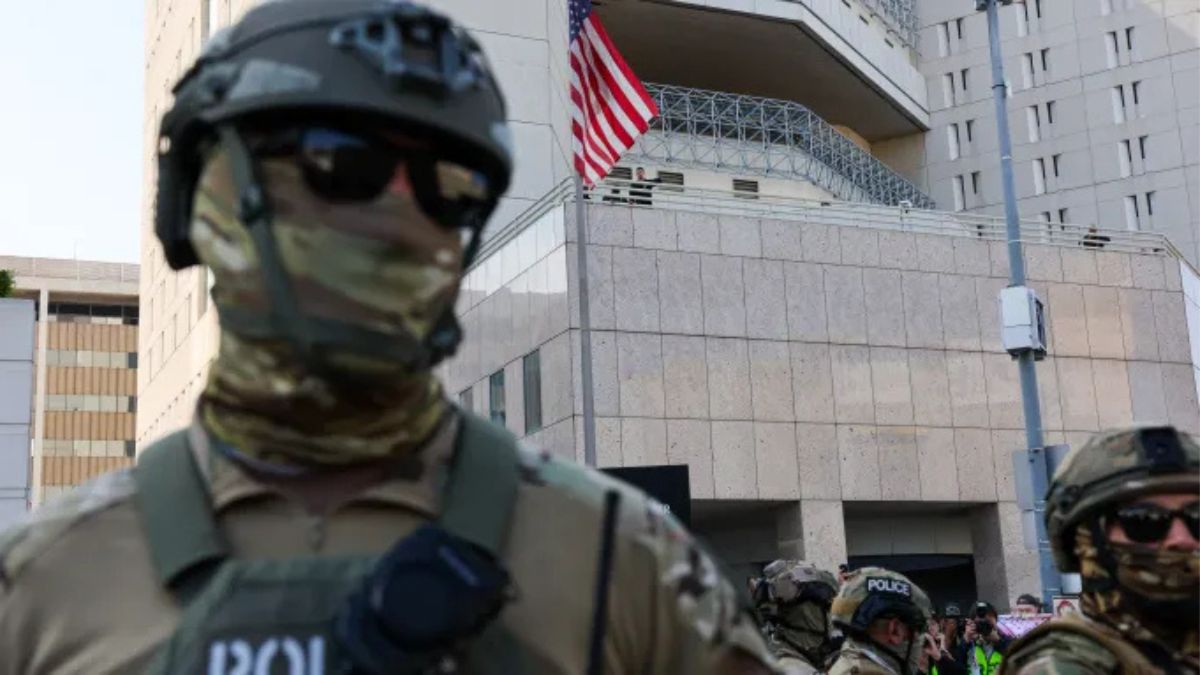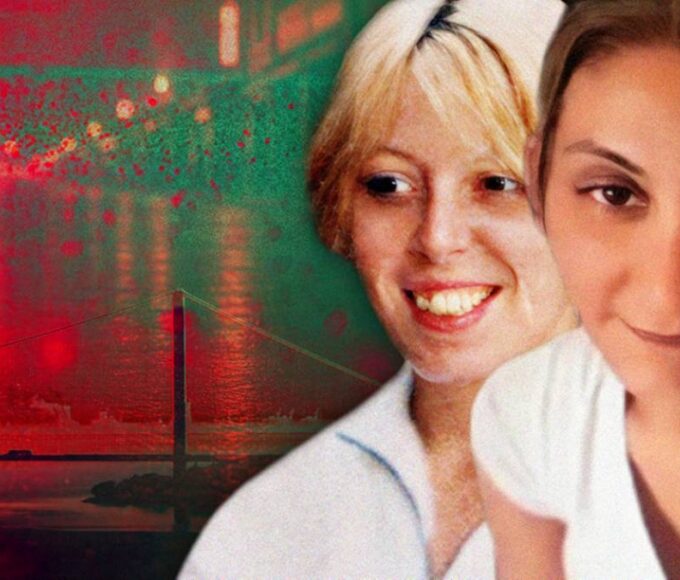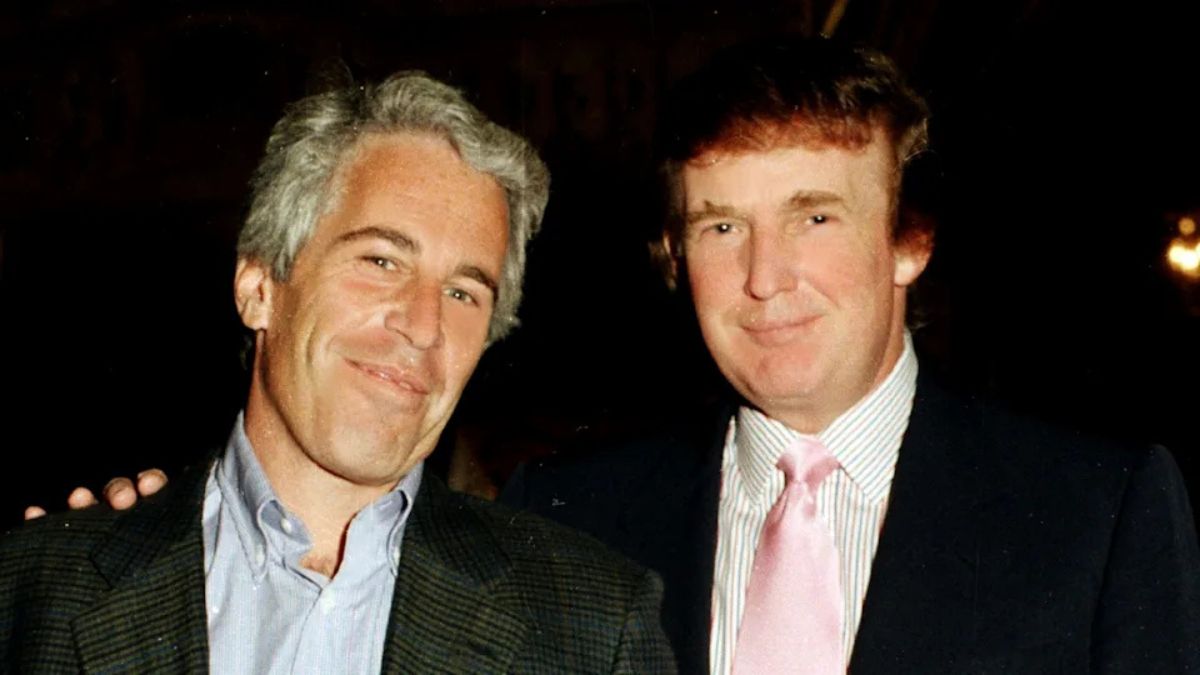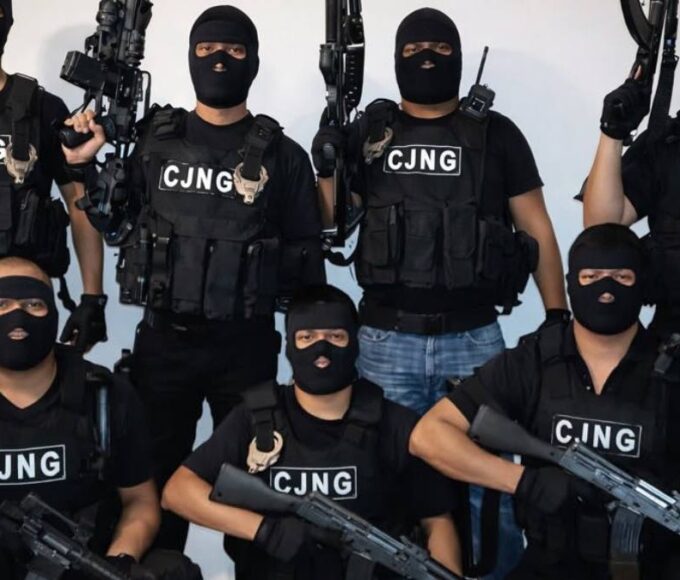A federal judge has temporarily blocked the Trump administration from conducting immigration raids in Los Angeles, citing concerns over racial profiling and violations of constitutional rights.
U.S. District Judge Maame Ewusi-Mensah Frimpong issued two temporary restraining orders (TROs) on Friday, halting the raids for at least 10 days. The orders prohibit federal agents from targeting individuals based solely on their race, location, language, or occupation, and require that detainees be granted access to legal representation.
The decision follows lawsuits filed by immigration advocacy groups, detainees, and United Farm Workers, who claimed the raids were unlawful and abusive.
“The individuals and organizations who brought this lawsuit are likely to succeed in proving that the federal government is indeed conducting roving patrols without reasonable suspicion and denying access to lawyers,” Judge Frimpong wrote.
The judge’s order responds to reports that ICE agents, often masked and heavily armed, conducted aggressive raids at car washes, bus stops, restaurants, and home improvement stores. Videos circulated online showed agents forcibly detaining individuals, some of whom were allegedly beaten or denied food and basic hygiene while held in temporary facilities.
The Trump administration has focused deportation efforts in Los Angeles in recent weeks, deploying National Guard troops in response to protests and increasing immigration enforcement activity.
California Governor Gavin Newsom praised the court’s decision, posting on X (formerly Twitter):
“Justice prevailed today. The court’s decision puts a temporary stop to federal immigration officials violating people’s rights and racial profiling.”
However, U.S. Attorney Bill Essayli defended the federal government’s actions, stating:
“Our agents have never detained individuals without proper legal justification. We will continue to enforce the law and abide by the U.S. Constitution.”
The restraining orders block any raids unless agents have reasonable suspicion — and specifically forbid them from using race, language, location, or job type as the sole basis for such suspicion. A hearing on a preliminary injunction is expected within the next 10 days.











